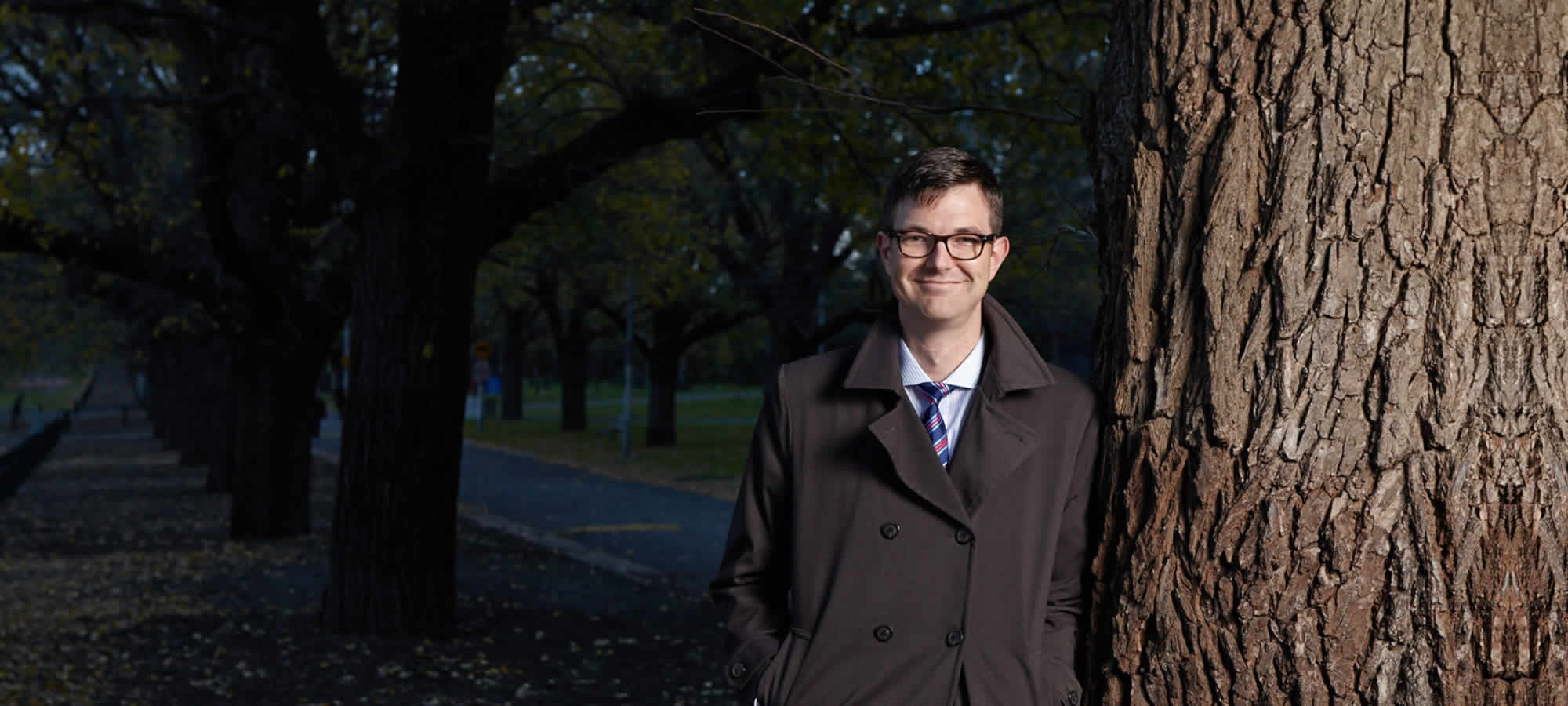RACGP president-elect Dr Bastian Seidel says new national focus on primary healthcare policy will have a lasting effect
The RACGP’s next president, Dr Bastian Seidel, says the new national focus on primary healthcare policy driven by GP activism will have a lasting effect.
The Tasmanian rural doctor, who came to prominence as national spokesperson for the RACGP’s #CoPayNoWay and #You’veBeenTargeted campaigns against attacks on GP funding, says the shift has been evident in the current federal election campaign.
“In the lead-up to this election, we’ve talked a lot about general practice and the role of general practice and the problems that GPs face. If you think about previous elections, that didn’t quite happen,” he told The Medical Republic.
“That’s quite a shift within a very short timeframe, and I believe it is a direct result of the RACGP’s advocacy campaign that really started when the co-payment was floated two years ago.
“That’s what we want – to make general practice left, right and centre when we talk about health and health policy.”
Dr Seidel was the clear choice as president in online voting by RACGP members, taking nearly 40% of the primary vote in results announced earlier this week. He will take over the college leadership from Dr Frank Jones in October.
Despite continuing uncertainty over sustainable funding for general practice and the Medicare rebate freeze, Dr Seidel said the college’s evidence-based views were gaining currency.
“I have no doubt political decision makers have taken notice of what the RACGP has advocated,” he said. “And if you look at the policy announcements by Labor, The Greens and some independent candidates, they were strongly informed by the RACGP’s vision of a sustainable healthcare system.”
Asked what he’d like to achieve in the next two years, Dr Seidel said he was committed to the RACGP’s “medical home” model for chronically ill patients and using it to promote electronic communications between GPs and patients.
“I’m not an IT geek in any way. For me, it’s a pragmatic thing. But if it makes my life easier and it makes a difference to my patients, I am going to use any form of digital health or e-health.”
Practising since 2008 in rural Tasmania’s Huon Valley, he was an early adopter of telehealth for patients with transport or mobility problems and has had elderly and deaf patients who preferred to consult their GP via email.
But e-health interaction does not attract a Medicare rebate and perhaps never will. Dr Seidel thinks the proposed medical home – which the federal government has rebranded as its “Health Care Home” and plans to trial next year – could be the answer.
“It should be part of the medical home, where communications with patients should be remunerated and the means of communications should be completely up to the practitioner and the patient. So whatever they feel is the most suitable and safest way for them can be remunerated accordingly,” Dr Seidel said.
Dr Seidel opposes the compulsory quota imposed on GPs in the My Health Record roll-out, which means doctors face a financial penalty if they don’t upload a set proportion of their patients’ records.
“This puts GPs in an ethically very difficult situation, because you will potentially ask patients to sign up to the health record, which is meant to be patient-controlled,” he said.
“Of course, I will load up a health summary if a patient asks me to. But the discussion really should be patient-initiated, not initiated by the GP, particularly when there is a financial incentive to do so.”
The German-born doctor said his years of study, research and work in different health systems around the world had formed his pragmatic approach.
“I think that has shaped me a fair bit. It’s about not trying to re-invent the wheel all the time, but looking at what other health systems do really well.”
After studying medicine in Germany and South Africa, he did an internship in Germany and completed his GP training in the UK in 2006, with stints on scholarships in New York and Hong Kong, before travelling to Adelaide for a GP research role.
Dr Seidel is a part-owner of the Huon Doctors Surgery, current chair of the RACGP Tasmania faculty and a clinical professor at the University of Tasmania.
He captured 1291 votes in the RACGP poll, of 3316 votes cast. Second in the field of four candidates was Sydney GP and practice owner Dr Harry Nespolon.


